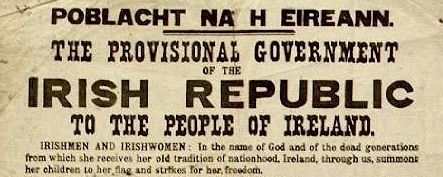I've been having a series of interesting chats/arguments with a friend of mine regarding a interesting historical subject: America, Russia, France and many other nations had their own Revolutions, where they cast off the previous government and established new revolutionary and radical states. Our discussion was thus: Why has Britain never had one?
Well, my answer was that the British political establishment, notably the Monarchy, wisely liberalised during the 18th and 19th Century, preventing any potential revolution having political justification. My friend, on the other hand, put it down to the very culture and psychology of British people, which means they are unable to be motivated to a sufficient degree to perform such a revolution. So, what do you guys think about this, and who do you think is in the right?






 Reply With Quote
Reply With Quote














